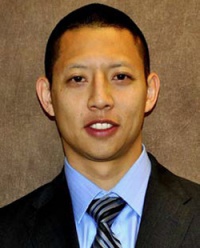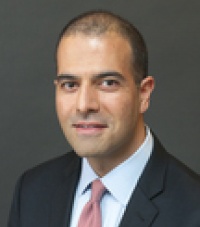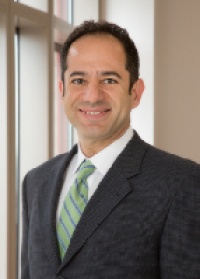Dr. Matthew Harrison Snyder MD
Neurosurgeon
800 WASHINGTON ST BOSTON MA, 02111About
Dr. Matthew Snyder practices Neurological Surgery in BOSTON, MA. As a Neurological Surgeon, Dr. Snyder prevents, diagnoses, evaluates, and treats disorders of the autonomic, peripheral, and central nervous systems. Neurological Surgeons are trained to treat such disorders as spinal canal stenosis, herniated discs, tumors, fractures, and spinal deformities, among many others.
Provider Details
Dr. Matthew Harrison Snyder MD's Practice location
Dr. Matthew Harrison Snyder MD's reviews
Write ReviewRecommended Articles
- What Are the Risks of Laminectomy?
Your doctor will first attempt to give you other alternative treatments before recommending surgery. If your back pain still persists after treatment, your doctor may suggest for surgery as one of the solutions. Laminectomy is the most probable surgical procedure that you will have to undergo.Facts...
- What to Expect in Laminectomy and Spinal Fusion
Decompressive laminectomy is done to release pressure exerted on the roots of the nerves found on the lower back. The condition is mostly brought by old age. There are, however, other reasons your surgeon may suggest surgery. These include herniated discs, traumas, and tumors. In case you are going...
- What Is a Cervical Laminectomy?
A cervical laminectomy is performed to relieve the compression of the spinal cord and nerves around your neck. This is achieved by making the spinal canal wider, creating more space for your nerves. A part of the protruding bone or the lamina is either removed or trimmed during this procedure. The...
- Signs You Need to See a Doctor for Back Pain
There are a number of potential causes of back pain, but most of them are rare. Most cases of back pain, particularly those that go away with or without over-the-counter treatment, do not require a visit to the doctor. However, if your back pain is accompanied by any of the following signs and...
- What is a Transient Ischemic Attack?
Also considered as a mini stroke, a transient ischemic attack (TIA) has symptoms similar to that of a stroke, but lasting only for a short period of time, without causing any permanent damage. TIA is often caused by the interruption of blood flow to the brain by a blood clot. Once the blood flow is...
- What Is Oromandibular Dystonia?
Oromandibular DystoniaOromandibular dystonia is a type of focal dystonia. This condition is also called cranial dystonia, in which the face, jaw, or tongue forcefully contracts and becomes difficult to open and close the mouth. Thus, a person's speech and ability to chew are affected. Cranial...
Nearby Providers
- Peter M. Black67 Union Street Natick Massachusetts 01760
- Dr. Eric C. Chang MDMassachusetts General Hospital Boston MA 02114
- Dr. Jonathan R Slotkin M.D.Bwh, Dept. Of Neurosurgery Boston MA 02215
- Dr. Brian Vala Nahed MDMassachusetts General Hospital Boston MA 02114
- Dr. Adel Malek MD750 Washington St Boston MA 02111
- Dr. Ossama Al-mefty MD75 FRANCIS ST BOSTON MA 02115
Nearest Hospitals
MASSACHUSETTS EYE AND EAR INFIRMARYl
243 CHARLES STREET BOSTON MA 2114SHRINERS' HOSPITAL FOR CHILDREN - BOSTON, THEl
51 BLOSSOM STREET BOSTON MA 2114









